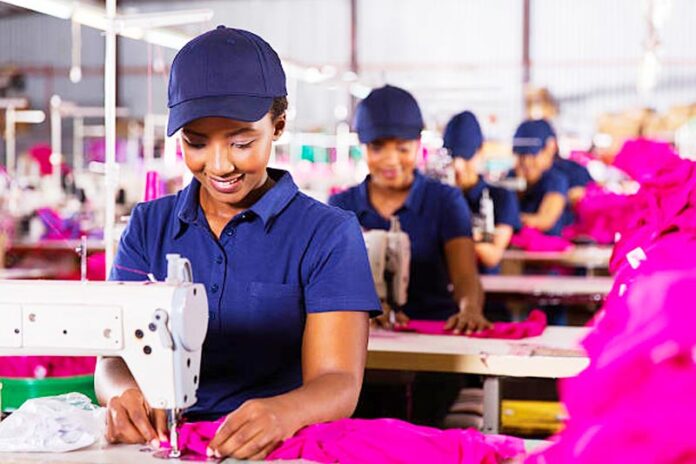By: Staff Writer
July 15, Colombo (LNW): The European Commission made a significant decision, prompted by a joint request from Sri Lanka and Indonesia, to permit regional cumulation between the two countries for selected textile and apparel products.
This much-anticipated favorable decision was achieved after a coordinated effort by the Joint Apparel Association Forum (JAAF), the Department of Commerce, Ministry of Foreign Affairs, and the Sri Lanka Embassy in Brussels, in collaboration with the Indonesian Government and the EU authorities, over several years.
This permits exports to the 27 EU member countries under the EU Generalised Scheme of Preferences (GSP) scheme, opening new opportunities for Sri Lanka’s apparel exports to the EU market.
The European Commission’s thorough examination concluded that the conditions for granting cumulation between the two regional groups were met.
This favorable decision allows Sri Lanka to cumulate origin for certain materials (HS Chapters 51 to 55, 58, and 60) originating in Indonesia to produce certain textile products (HS Chapters 61 to 63) under regional cumulation, as long as both countries remain in the GSP scheme.
This decision not only strengthens trade relations with the EU but also demonstrates both countries’ commitment to adhering to strict origin rules and administrative cooperation.
The permission for regional cumulation will enable Indonesia to export fabrics to Sri Lanka for re-processing into apparel products that can then be exported to the EU market.
By leveraging Indonesia’s strong textile production capabilities, Sri Lanka can secure a consistent supply of high-quality materials. This boosts the competitiveness of Sri Lankan apparel in the global market, creates more employment opportunities, and fosters economic growth, making it a beneficial arrangement for both Sri Lanka and Indonesia.
The Sri Lankan export-oriented apparel industry has been a key driver of the national economy, significantly contributing to the country’s economic growth for nearly three decades.
In 2022, the apparel industry accounted for approximately 43% of Sri Lanka’s total exports value and was the largest industry in the country.
Earnings from apparel exports under HS Chapters 61-63 amounted to $5,591 million in 2022, a 10% increase compared to 2021. The EU is one of the top three buyers of Sri Lankan apparel in both volume and value. Additionally, the Sri Lankan textile and apparel industry employs nearly 350,000 workers directly and twice as many indirectly.
Despite this, Sri Lanka has a limited fabric supply base for its export-oriented garment sector, with only six companies involved in fabric production.
Due to insufficient domestic fabric manufacturing, the industry heavily relies on imported fabrics. In 2022, Sri Lanka imported fabrics worth $2,080.81 million, with the import value of five tariff lines excluded from the joint request accounting for 59% of the total fabric imports. Conversely, Indonesia is a significant textile producer with robust output in cotton, man-made fibers, and synthetics.
The European Commission’s decision will take effect on 8 August, requiring additional administrative measures from Sri Lanka and is subject to the Commission’s monitoring to ensure proper management.

